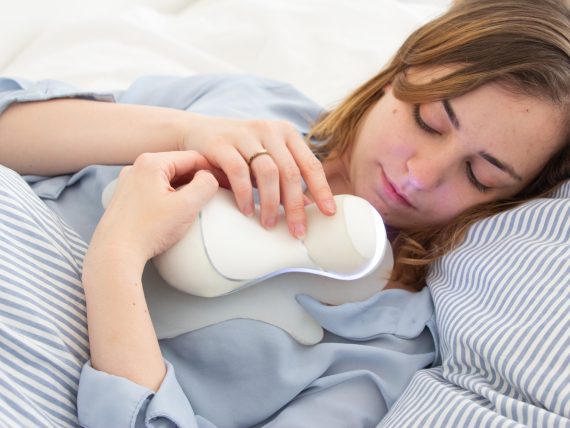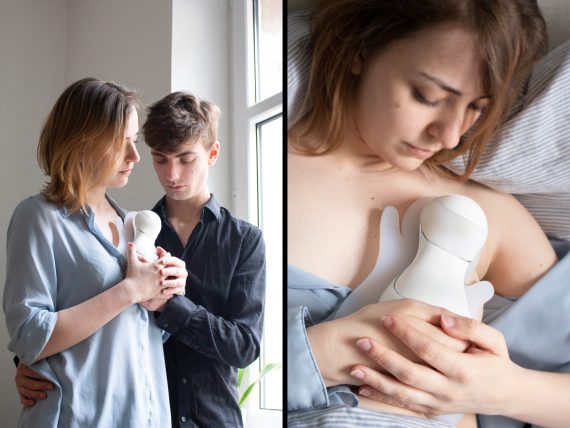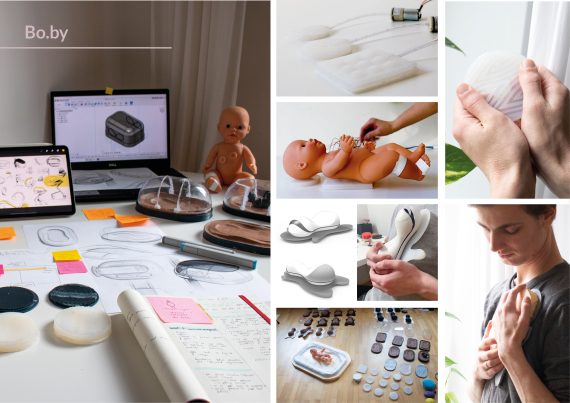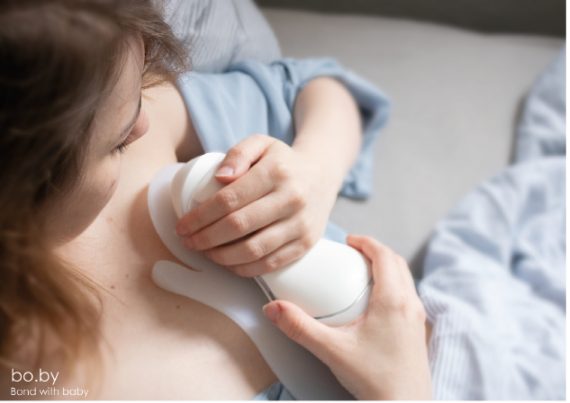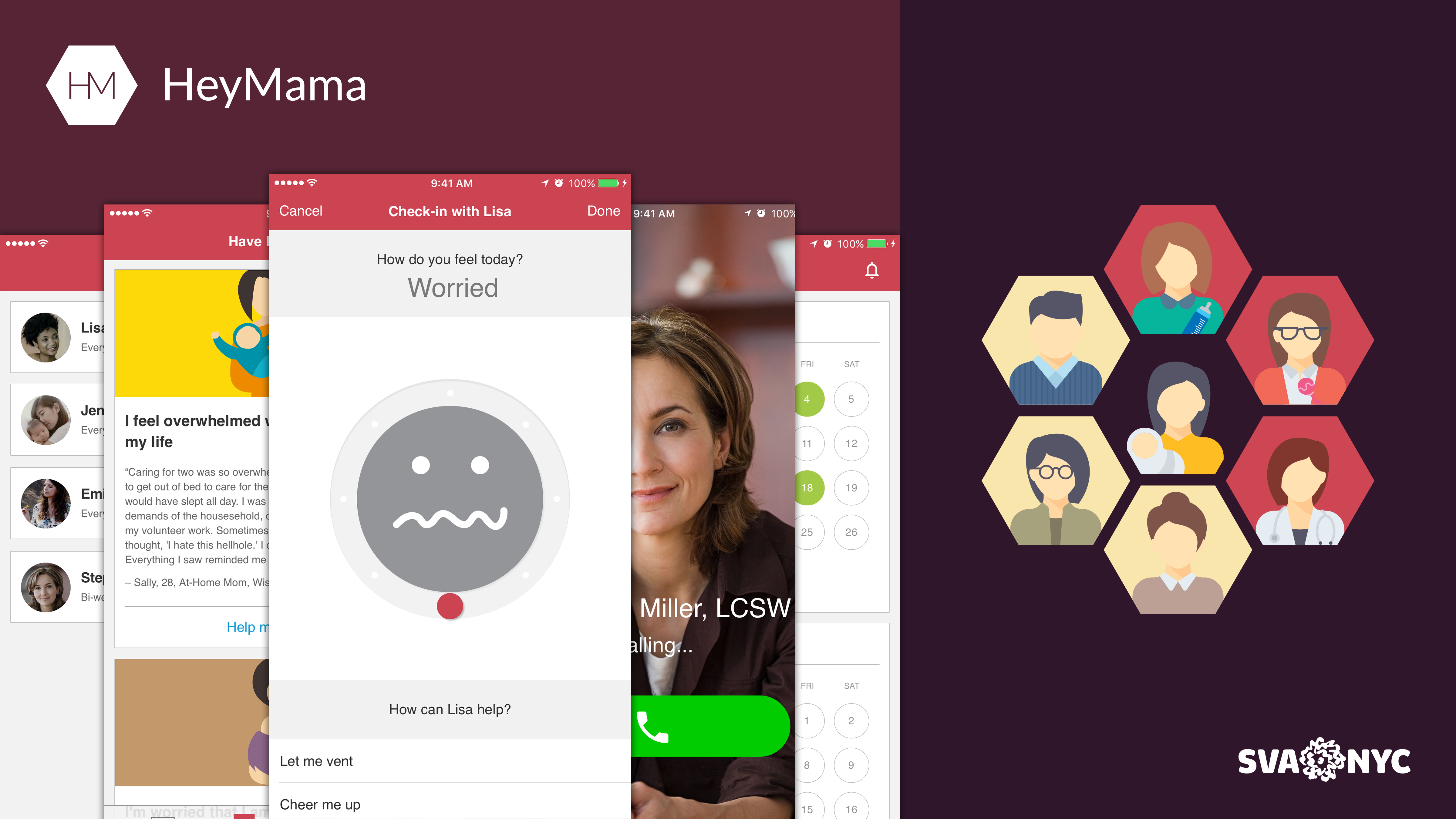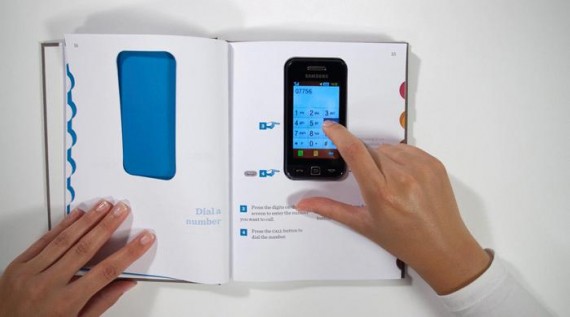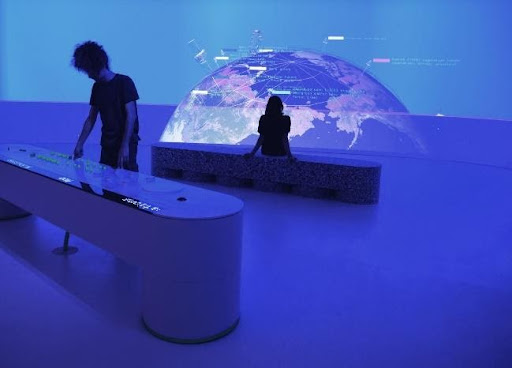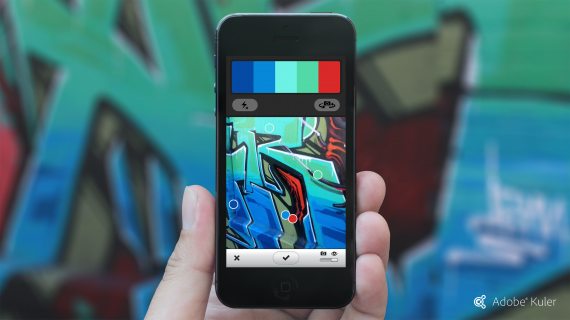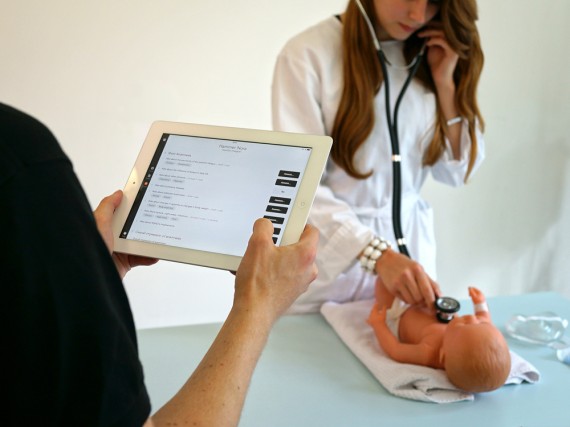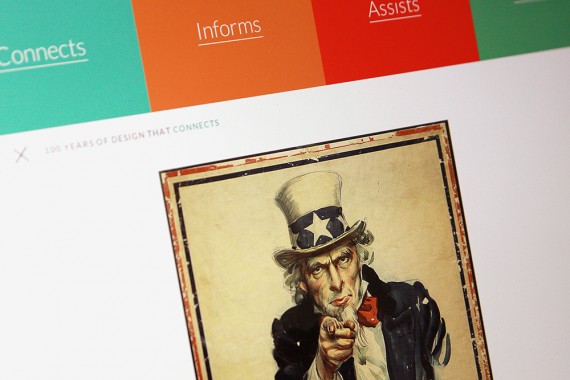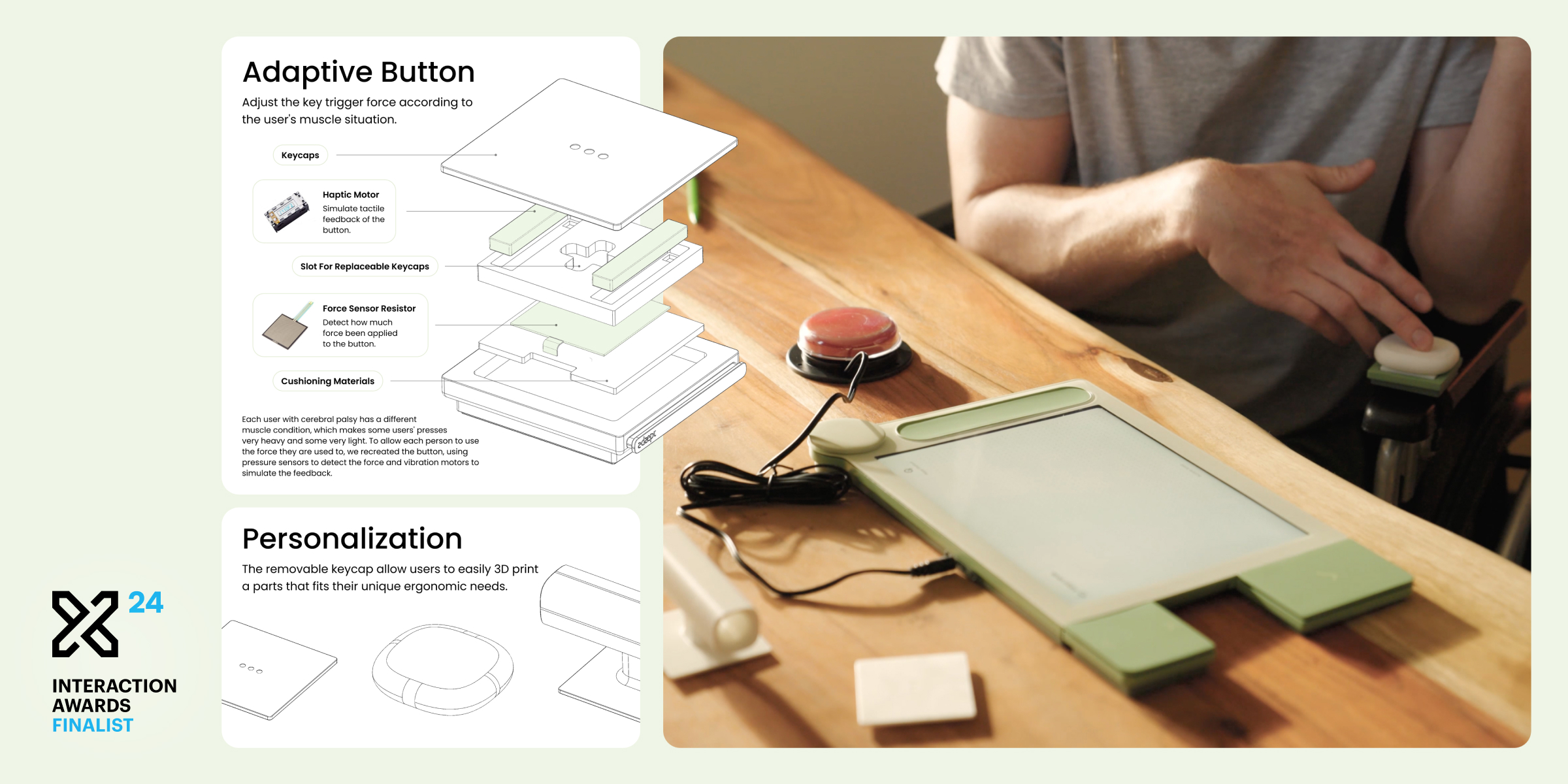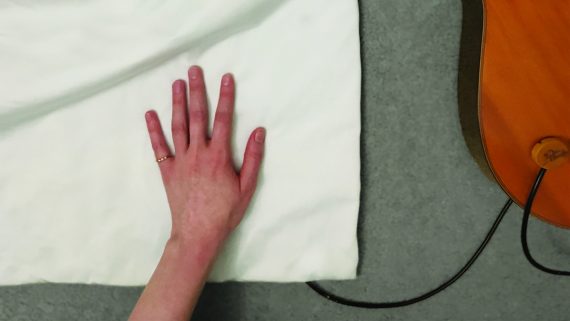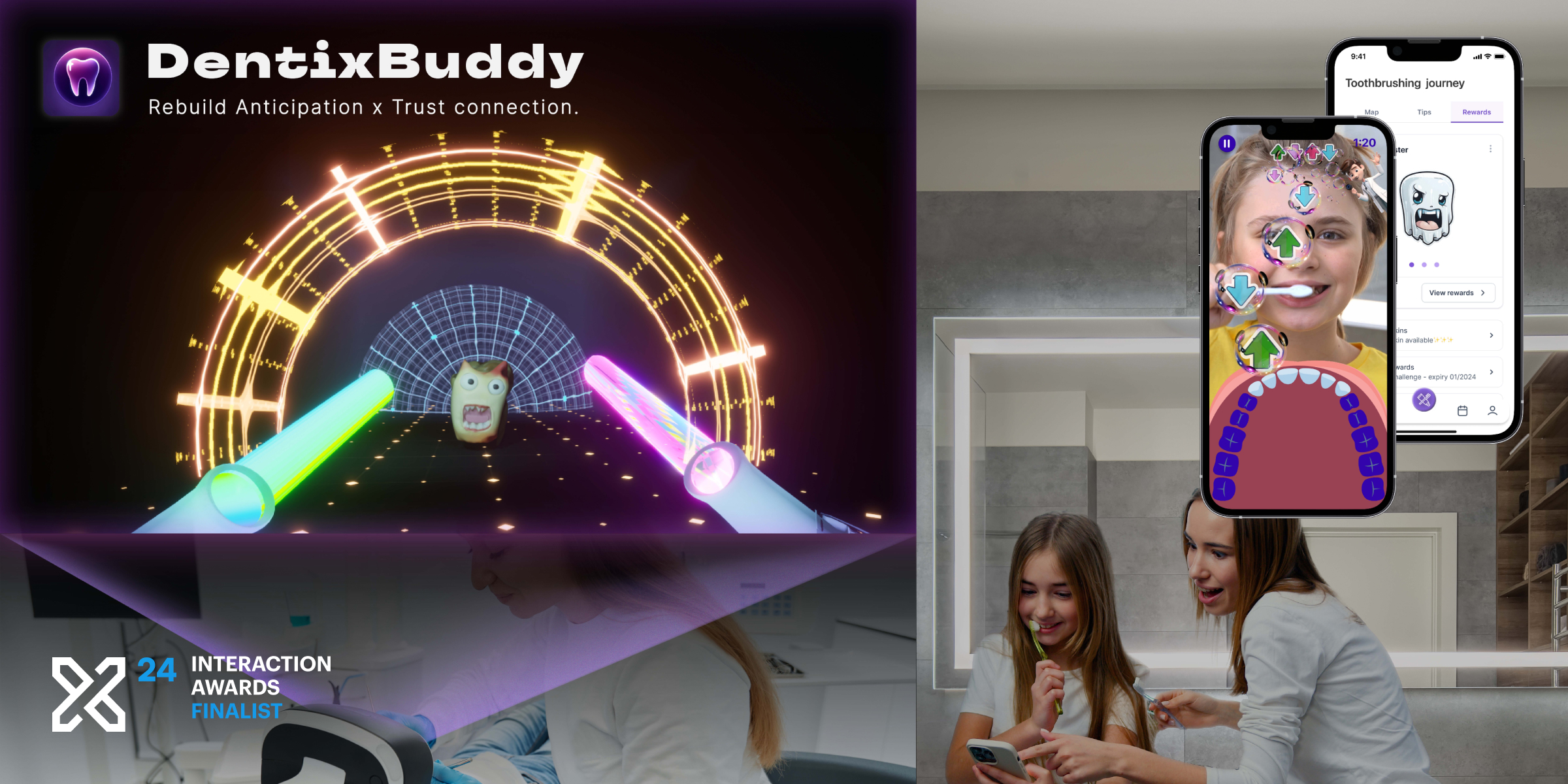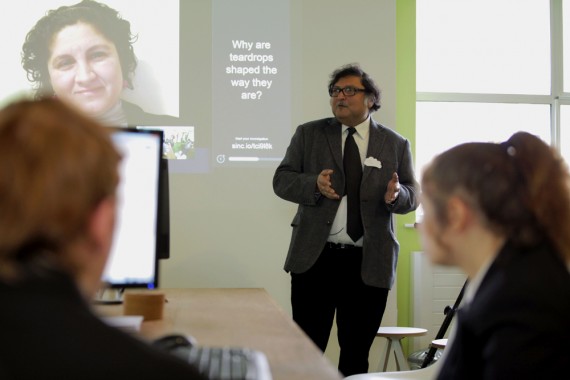Boby - enable bonding between premature infants and their parents
Team
Company | Institution
Category
Type
Project description
Bo.by is an interactive system that enables bonding between premature babies in incubators with parents, in situations where normally it would be impossible. A device for parents, and a mattress for an infant, are connected and collect, send and receive data such as touch, breast movement, vibration, heartbeat or body heat, enable to feel the touch of one another. This two-way communication, enriched with senses, offers the possibility to experience a natural, prolonged skin-to-skin bonding.
Each year approximately 15 million babies are born preterm all around the World.
Born with a natural lack of development they are often taken out from their parents right after birth and assigned the Neonatal Intensive Care Unit, where bonding is limited with time, space and strongly depends on the baby’s conditions. Left alone in the incubators without a real chance to experience skin-to-skin bonding with their parents, they are deprived of touch and physical contact. It is especially painful for parents, who can not stay in the NICU or can see their child behind a transparent wall, without the possibility to even touch his hand. According to much research, such a situation may put an immense strain on babies' sensory and central nervous system enrichment and development and social interactions as well as their attachment with parents. For parents, bonding with their own infant reduces stress, builds connection, and supports breastfeeding.
Bo.by is a solution that enables contact between parents and infants in the incubator at the distance. A device for parents and a mattress for an infant are connected to one another. Each of the devices is collecting, sends and receives data such as touch, breast movement, and vibration, heartbeat, body heat, or smell. Thanks to such both-way, enriched with senses communication Bo.by gives an opportunity to experience natural, prolonged, skin-to-skin bonding.
Additionally, the mattress consists of a shapeable layer, which gives a possibility to create a nest around the child, in which he can feel more safe and relaxed.
Bo.by is an interactive system that enables bonding between premature babies in incubators with parents, in situations where normally it would be impossible. A device for parents, and a mattress for an infant, are connected and collect, send and receive data such as touch, breast movement, vibration, heartbeat or body heat, enable to feel the touch of one another. This two-way communication, enriched with senses, offers the possibility to experience a natural, prolonged skin-to-skin bonding.
Kangaroo care or direct touch are currently the only options to bond at the NICU. However, those can only apply, when the child’s stable, the doctor allows and parents are at the NICU. There is nothing for enabling indirect, both-way, sensory-rich bonding experience at and outside the NICU. Bo.by is a set of two wirelessly connected devices: a portable parent device and the baby mattress inside the incubator. Each of them consists of sensors enabling sensing, collecting and sending data to the other one, such as touch, body heat or smell and electronics enabling receiving and replaying such data from another one. In short: parents and the baby can experience indirect full-sense bonding, even in situations where it would not be possible.
My concept is dedicated to families whose prematurely born child needs to be assigned to the NICU. It helps establish and regain bonding in the situations, where parents can’t perform kangaroo care or be with the child in the hospital unit (for example mothers who are lying in another hospital unit, need to take care of other children, or during a pandemic). My project was developed as a master thesis, at the moment where I found out that there is an unfulfilled need for touch in the NICU. Bo.by is currently in the prototype stage with basic functionality. During my process, I worked closely with parents who experienced a lack of bonding at the NICU. I was listening and responding to parents needs and nurses suggestions at the NICU. During my process, I interviewed about 100 parents of premature infants and nurses in the NICU to understand the problem and their needs, as well as I reviewed with them my idea. I based my study on much scientific research done by other scientists about bonding and the importance of sensory stimulation in premature babies lives.
What stands out for Bo.by is its social and empathy value. My idea brings families back together, giving them the possibility to experience natural bonding and support little babies with their development and curing. According to much research, sensory stimulation of prematurely born children has an enormous impact on their system development, supporting curing and attachment between them and their parents.
Bo.by regains natural contact between the prematurely born child and their parents and give them the possibility to feel one another as if they bond skin-to-skin. Thanks to such a solution, both: parents and their premature infant can experience indirect touch and rich, full-sense bonding of the other.
Each year approximately 15 million babies are born preterm all around the World.
Born with a natural lack of development they are often taken out from their parents right after birth and assigned the Neonatal Intensive Care Unit, where bonding is limited with time, space and strongly depends on the baby’s conditions. Left alone in the incubators without a real chance to experience skin-to-skin bonding with their parents, they are deprived of touch and physical contact. It is especially painful for parents, who can not stay in the NICU or can see their child behind a transparent wall, without the possibility to even touch his hand. According to much research, such a situation may put an immense strain on babies' sensory and central nervous system enrichment and development and social interactions as well as their attachment with parents. For parents, bonding with their own infant reduces stress, builds connection, and supports breastfeeding.
Bo.by is a solution that enables contact between parents and infants in the incubator at the distance. A device for parents and a mattress for an infant are connected to one another. Each of the devices is collecting, sends and receives data such as touch, breast movement, and vibration, heartbeat, body heat, or smell. Thanks to such both-way, enriched with senses communication Bo.by gives an opportunity to experience natural, prolonged, skin-to-skin bonding.
Additionally, the mattress consists of a shapeable layer, which gives a possibility to create a nest around the child, in which he can feel more safe and relaxed.
Bo.by is an interactive system that enables bonding between premature babies in incubators with parents, in situations where normally it would be impossible. A device for parents, and a mattress for an infant, are connected and collect, send and receive data such as touch, breast movement, vibration, heartbeat or body heat, enable to feel the touch of one another. This two-way communication, enriched with senses, offers the possibility to experience a natural, prolonged skin-to-skin bonding.
Kangaroo care or direct touch are currently the only options to bond at the NICU. However, those can only apply, when the child’s stable, the doctor allows and parents are at the NICU. There is nothing for enabling indirect, both-way, sensory-rich bonding experience at and outside the NICU. Bo.by is a set of two wirelessly connected devices: a portable parent device and the baby mattress inside the incubator. Each of them consists of sensors enabling sensing, collecting and sending data to the other one, such as touch, body heat or smell and electronics enabling receiving and replaying such data from another one. In short: parents and the baby can experience indirect full-sense bonding, even in situations where it would not be possible.
My concept is dedicated to families whose prematurely born child needs to be assigned to the NICU. It helps establish and regain bonding in the situations, where parents can’t perform kangaroo care or be with the child in the hospital unit (for example mothers who are lying in another hospital unit, need to take care of other children, or during a pandemic). My project was developed as a master thesis, at the moment where I found out that there is an unfulfilled need for touch in the NICU. Bo.by is currently in the prototype stage with basic functionality. During my process, I worked closely with parents who experienced a lack of bonding at the NICU. I was listening and responding to parents needs and nurses suggestions at the NICU. During my process, I interviewed about 100 parents of premature infants and nurses in the NICU to understand the problem and their needs, as well as I reviewed with them my idea. I based my study on much scientific research done by other scientists about bonding and the importance of sensory stimulation in premature babies lives.
What stands out for Bo.by is its social and empathy value. My idea brings families back together, giving them the possibility to experience natural bonding and support little babies with their development and curing. According to much research, sensory stimulation of prematurely born children has an enormous impact on their system development, supporting curing and attachment between them and their parents.
Bo.by regains natural contact between the prematurely born child and their parents and give them the possibility to feel one another as if they bond skin-to-skin. Thanks to such a solution, both: parents and their premature infant can experience indirect touch and rich, full-sense bonding of the other.

